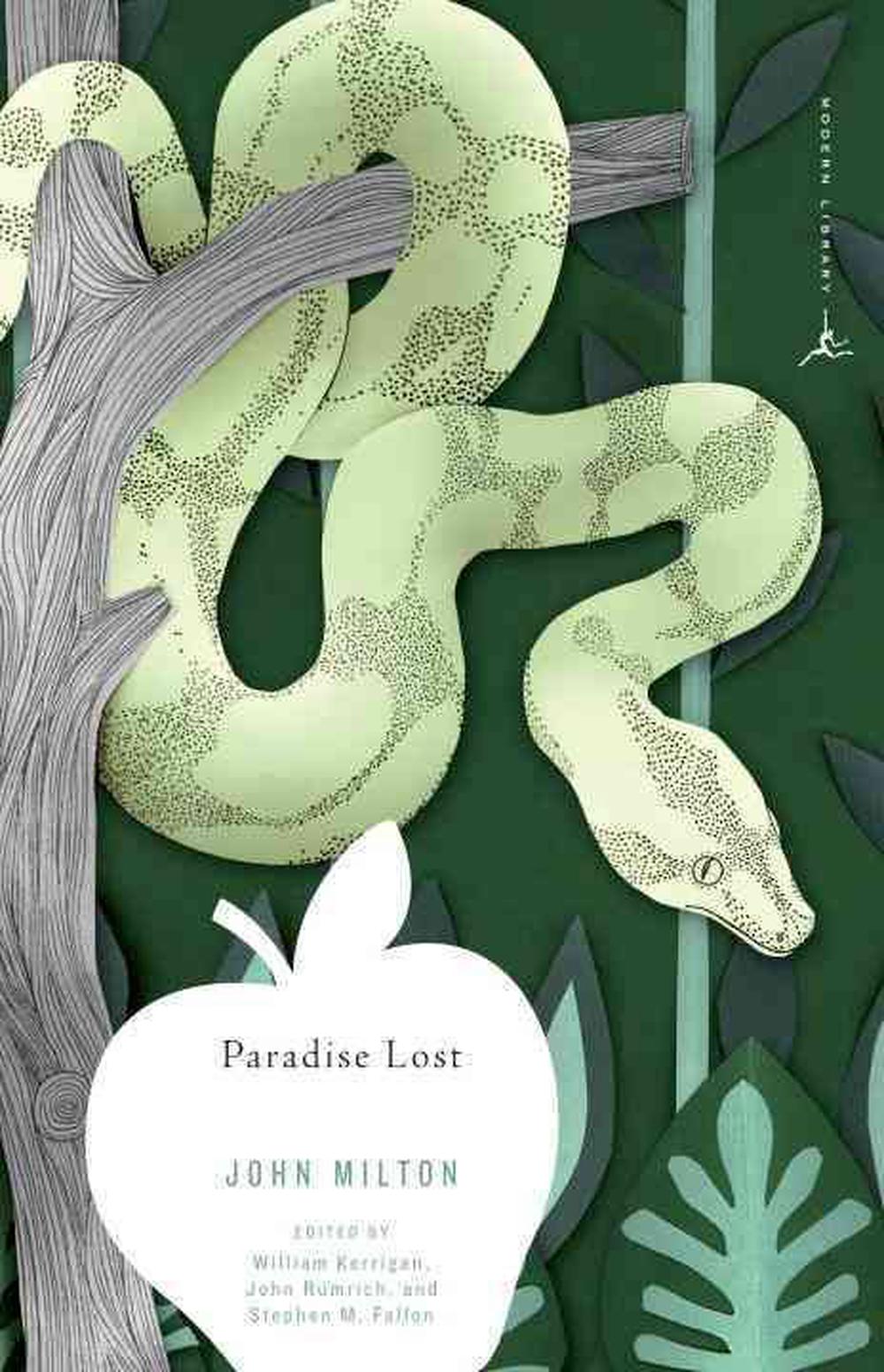
He makes a pun on the word “fruit” as both a consequence and the cause of Adam and Eve’s descent from grace. He not only compares himself to past epic poets but also places Adam, his arguably primary character, above others. Milton uses Biblical mountains and streams to replace the favorite haunts of the classical Muses. Although his source of inspiration (the Holy Spirit) and subject matter is greater than those stories attempted in the past, he humbly acknowledges his debt as he reinvents the epic convention from a Protestant Christian perspective. Similar in gravity to the Book of Genesis from the Bible, the opening also echoes ancient Greek and Roman epic poetry in its form. Milton demonstrates no false modesty, as he knows this will be an awe-inspiring work surpassing those of Homer, Virgil, Dante, etc., whose format he knows and has mastered. John Milton, in recounting the Fall of Man, invokes the classical Muse, an epic convention used by great pagan poets such as Homer and Virgil however, he specifically mentions that the Muse he calls is the one that inspired Moses to speak to the Israelites, so he means the Holy Spirit. O Divine Muse, sing about man’s first disobedience and the fruit of the forbidden tree, whose fatal taste brought death into the world and caused mankind’s woe and the loss of Eden, until Christ restored us, and regained Heaven, that on Mount Sinai inspired the shepherd Moses, who first taught the Jews in the beginning how the heavens and earth came out of Chaos: or, if Mount Zion appeals more to you, and the spring near the Temple where Christ cured a blind man (NAoEL page 1818, footnote #4) I therefore ask for your aid to my epic poem, that doesn’t intend to go only halfway, but instead will soar over the Helicon, the home of the classical muses (NAoEL page 1818, footnote #5), and surpass Homer and Virgil in my attempt to do things as of yet not done in prose or rhyme. Things unattempted yet in Prose or Rhime. That with no middle flight intends to soar In the Beginning how the Heav'ns and Earthĭelight thee more, and SILOA'S Brook that flow'd

That Shepherd, who first taught the chosen Seed, Sing Heav'nly Muse, that on the secret top Restore us, and regain the blissful Seat, Of that Forbidden Tree, whose mortal tasteīrought Death into the World, and all our woe,

Of Mans First Disobedience, and the Fruit Close Reading, Colloquial Paraphrase, and Analysis Original Text


 0 kommentar(er)
0 kommentar(er)
